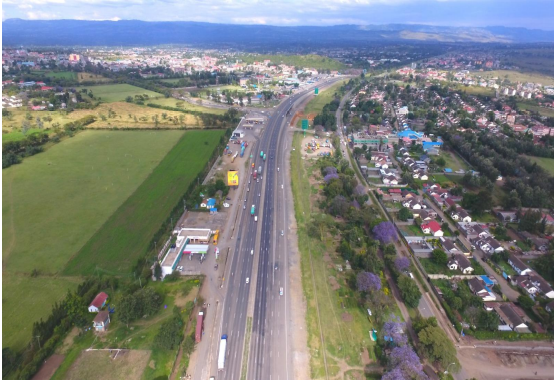The Motorists Association of Kenya (MAK) has voiced strong opposition to the government’s proposal to introduce toll charges on major highways, warning that the move will have severe financial implications for motorists, public transport operators, and the wider economy.
The association criticized the plan as an attempt to turn vital public roads into profit-making ventures for private investors. According to MAK, the toll system would expose road users to exploitation by foreign concessionaires who could later raise charges without public consultation.
MAK questioned the transparency of the proposed tolling agreements covering key national routes such as the Rironi–Mai Mahiu–Naivasha, Nakuru–Mau Summit, and Eldoret–Malaba highways. The group argued that Kenyans are already weighed down by high fuel prices, annual motor vehicle taxes, and road maintenance levies, and that additional toll fees would only worsen the cost of living.
The association warned that the toll system would not only affect private car owners but also lead to higher fares for passengers and increased transportation costs for goods, which could push up commodity prices. It accused the government of “double-taxing” citizens who had already contributed to road development through fuel and motor vehicle taxes.
MAK called for a comprehensive review of the Public-Private Partnership (PPP) policy governing the tolling initiative, saying that it must be restructured to protect Kenyan road users from financial exploitation. The group further demanded full transparency from the Ministry of Roads and the National Treasury, urging them to publish the details of all tolling contracts before implementation.
The association expressed concern that some concession agreements may include restrictive clauses preventing the construction of alternative free routes. Such measures, it said, would force Kenyans to rely solely on tolled highways, eliminating fair competition and public choice.
MAK urged Parliament to intervene by scrutinizing the proposed contracts to ensure they align with public interest and national development goals. The group emphasized that essential infrastructure like highways should remain under state control and funded through existing taxes rather than privatized under long-term concession deals.
The tolling plan follows the announcement that the Nairobi–Nakuru–Mau Summit Road will attract a charge of Ksh 8 per kilometre, adjusted annually by one percent, under a public-private partnership arrangement with the China Road and Bridge Corporation (CRBC) and the National Social Security Fund (NSSF).

